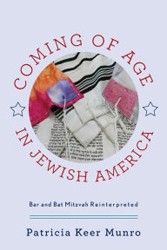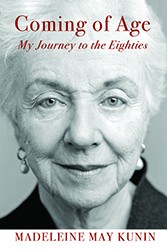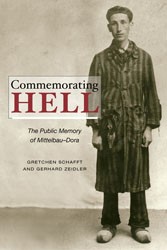By
– January 3, 2012
Liberty of Conscience offers a fresh and historical look at the tradition of religious equality in the United States. Nussbaum starts with the philosophies and the ideologies of our country’s founders. This enlightening foundation gives context to the struggles of the emerging communities in the New World, which Nussbaum recounts skillfully and in detail.
Perhaps the most interesting parts of this book, however, are those sections that build upon the philosophical and historical foundation to address modern day controversies over freedom of religion. These controversies include topics of interest to people of all religious backgrounds: polygamy, public displays of the Ten Commandments, evolution, and gay marriage. Of course, First Amendment law figures prominently in Nussbaum’s discussions of these controversies, but her voice shines through, providing interpretation that clearly challenges her audience to question the assumptions upon which our opinions concerning those controversies are based.
Readers should be aware that Liberty of Conscience is, at bottom, a book about law and philosophy. Those with some background in either field will find this book a rewarding and challenging read. Index, index of cases, notes.
Rachel Sara Rosenthal is an environmental attorney in Washington, DC. Originally from Greensboro, North Carolina, she graduated from Duke University in 2003 and Columbia University School of Law in 2006.





